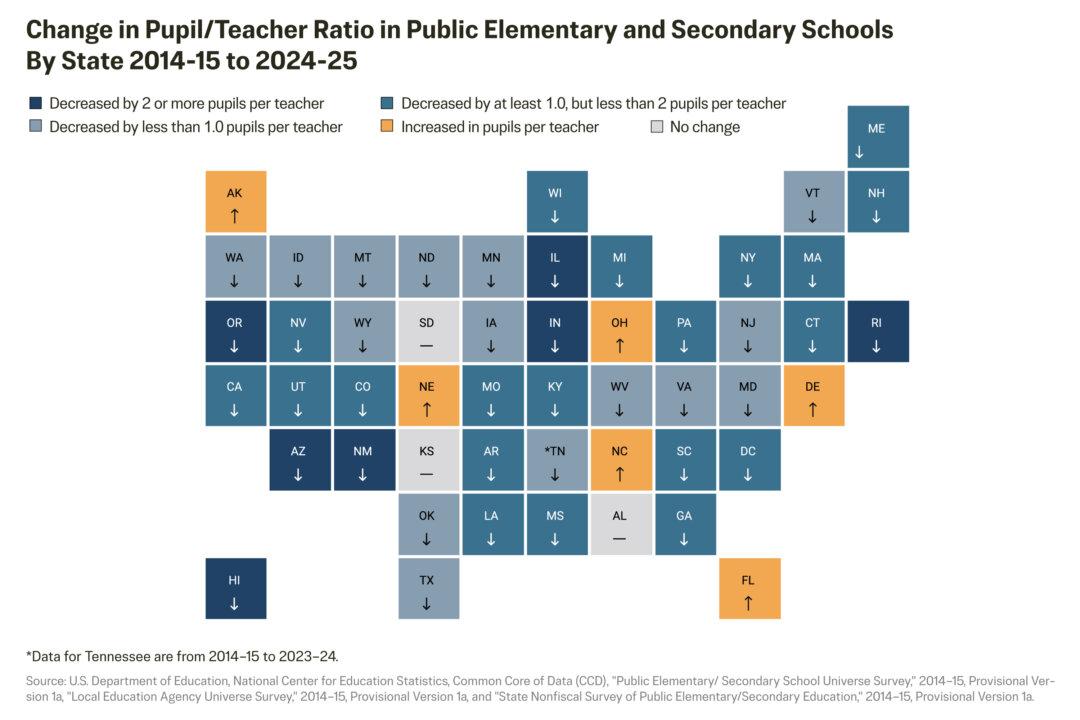A North Carolina bill that pushes back on sanctuary counties shielding illegal immigrants from federal authorities is making its way through the state legislature.
House Bill 10, “Require Sheriffs to Cooperate with ICE,” referring to Immigration and Customs Enforcement, was introduced last year and amended during committee reviews in recent months.





